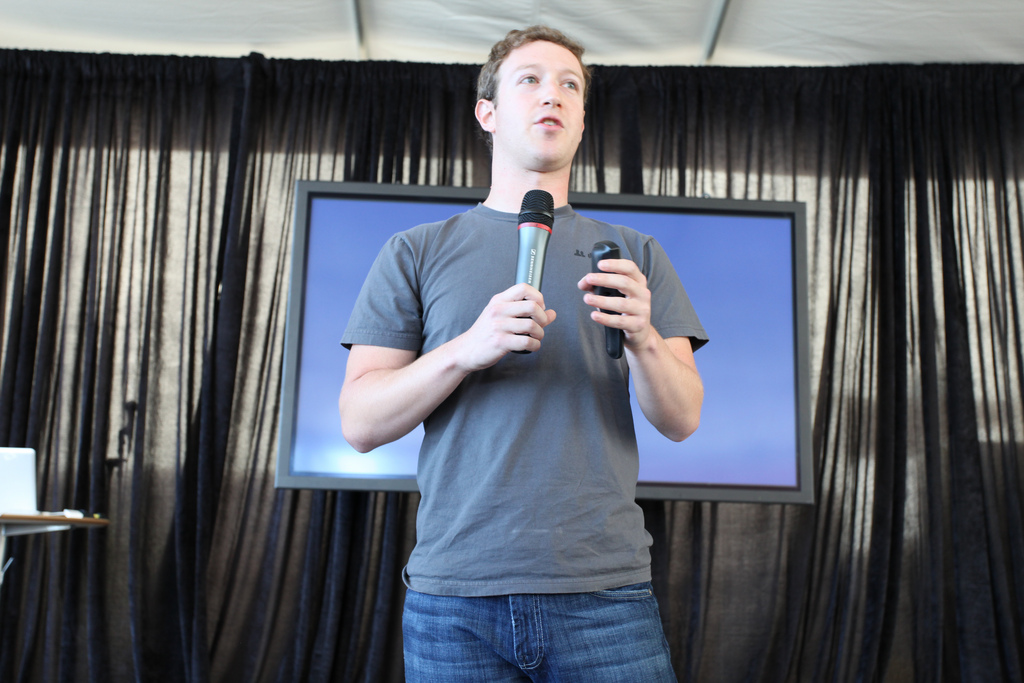 NEWS
NEWS
 NEWS
NEWS
 NEWS
NEWS
It has been one year since Facebook Inc.’s Internet.org initiative began operating in its first country, Zambia. The program was founded by Facebook CEO Mark Zuckerberg as a way to bring affordable mobile internet connectivity to developing countries.
For the last year, Internet.org has worked closely with mobile provider partners in countries like Colombia and India, and now the organization will be allowing all other mobile operators to apply to becoming an Internet.org partner to bring the program to their country.
“As we approach year two, we’ve taken everything we’ve learned from working closely with our partners and are now ready to scale Internet.org free basic services,” the organization wrote on its blog. “We’ve made it easier for any mobile operator to turn on Internet.org in new countries through a partner portal that includes technical tools and best practices, improving the process to offer free basic services to the unconnected.”
Internet.org creates a suite of mobile apps with low resource requirements that can run on older phones with very slow connections. For example, the Internet.org Facebook app does not allow picture or video sharing.
Many of the programs including in Internet.org’s offering are aimed a providing useful tools to people living in developing nations, including apps that provide information relating to medical care, parenting, weather, and more.
Initially, Internet.org only provided access to a predetermined suite of apps, but it recently opened up its app development platform to allow anyone to create Internet.org apps as long as they met three qualifications. They must allow users to explore the entire Internet, they should be efficient and they should comply with Internet.org’s technical guidelines.
While Internet.org’s mission seems admirable, many of its recent changes appear to be aimed at addressing the harsh criticisms it has received for allegedly violating the principles of net neutrality. Earlier this year in India, several businesses pulled support for the program, saying that its zero rate policies give unfair preferential treatment to certain types of data.
“The recent debate around #NetNeutrality gave us pause to rethink our approach to Internet.org and the idea of large corporations getting involved with picking and choosing who gets access to what and how fast,” Cleartrip CEO Subramanya Sharma wrote in a blog post at the time. “What started off with providing a simple search service has us now concerned with influencing customer decision-making by forcing options on them, something that is against our core DNA.”
THANK YOU